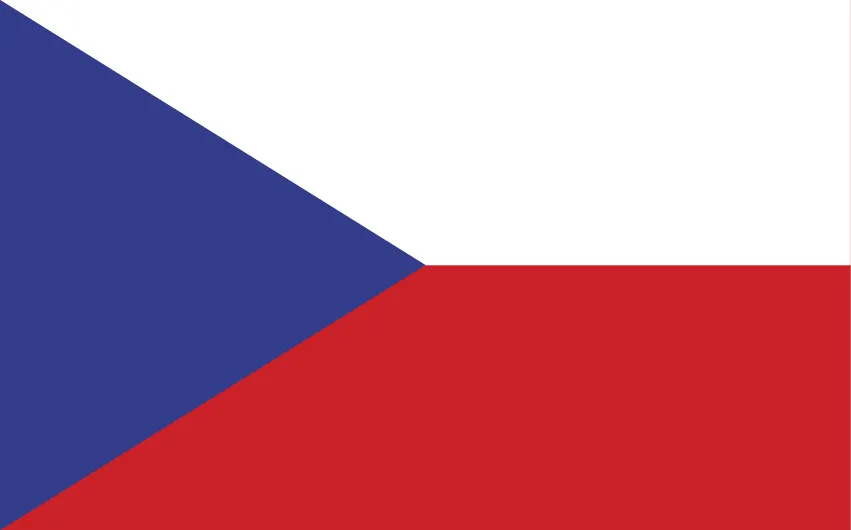The Czech Republic’s building market possesses great potential for energy savings that can largely be achieved through implementing the EPBD, a responsibility of the Ministry of Industry and Trade.
The Ministry of Industry and Trade is the central government body responsible for:
- industrial policy, energy policy, trade policy in the context of the EU single market, pro-export policy, development of a unified raw materials policy and the exploitation of mineral resources;
- promotion of entrepreneurship and investment in manufacturing industry and industrial research, development and technology, including the administration of European funds in this area;
- internal trade and the protection of consumer rights in the context of European consumer policy;
- support for small and medium-sized enterprises, with the exception of regional business support, and administration of European funds in this area;
- technical standardisation, metrology and state testing;
- electronic communications and postal services.
The EPBD has been transposed through the Energy Management Act No. 406/2000 Coll., with the amendment coming into force in 2020 containing changes related to the EPBD. Czech legislation is currently fully in line with the EU requirements. The Energy Management Act sets among other things the obligation to increase the energy performance of buildings and the obligations related to EPCs; it also sets rules, conditions and educational standards for EPC issuers and heating and AC systems inspectors.
New amendments to the Act are currently being prepared to implement the new directives 2024/1275/EU on Energy Performance of buildings and 2023/1791/EU on Energy Efficiency. Part of the EPBD currently in force has been transposed via Decree No. 264/2020 Coll. on Energy Performance of Buildings. One of the most recent amendment to the decree was shift to an hourly calculation interval in the energy performance calculation for delivered energy, for buildings or zones with cooling, humidity treatment or electricity generation, to ensure that the calculation better reflects real use of the building. Improving the buildings’ energy performance and increasing energy savings are high priorities in the Czech Republic.

